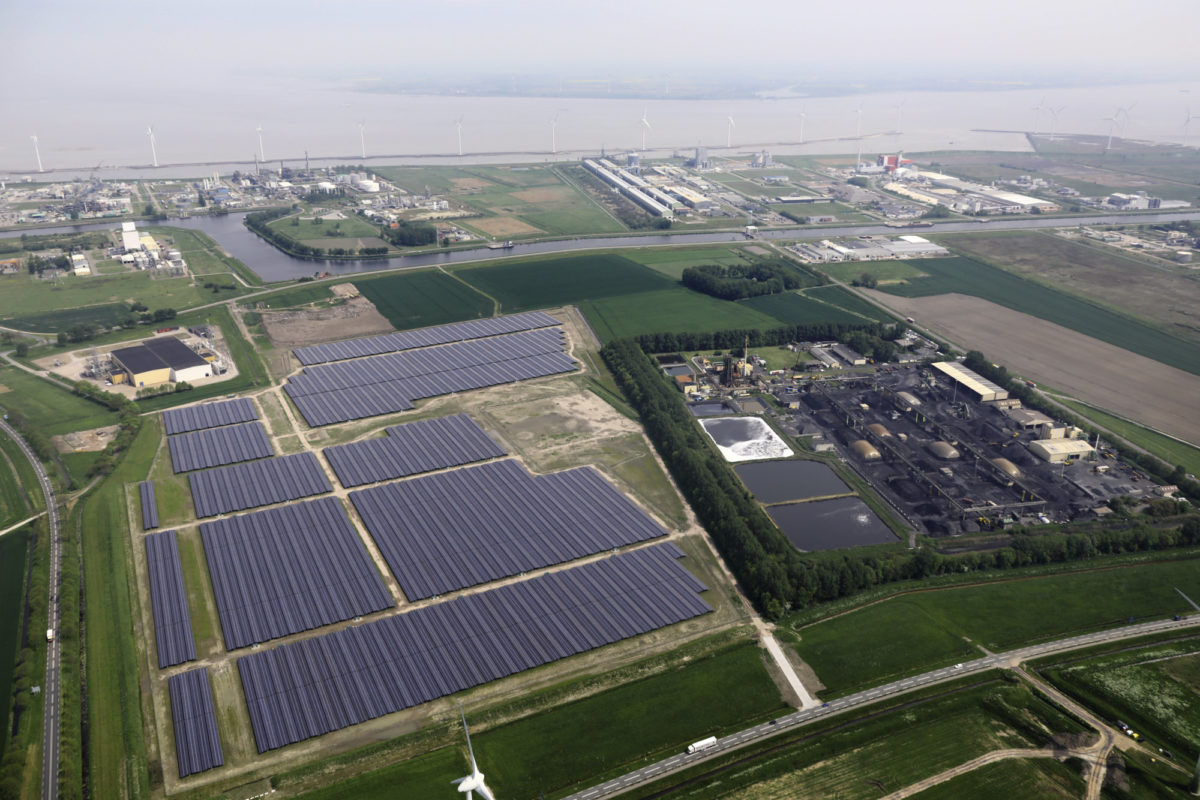Dutch transmission system operators, TenneT and Enexis have announced in a joint press release that they are currently conducting a series of operations to increase the capacity of their respective systems, in order to enable more solar to come online in the next few years.
Particularly in the provinces of Groningen and North Drenthe – in the northeastern part of the country – there are around 200 MW of solar projects under development, which are being built as part of the SDE+ program for large-scale solar and renewables, said the operators. These provinces are also among those with the lowest population densities and, likely, larger land availability.
TenneT and Enexis also revealed that around another 1 GW of initiatives for large-scale solar projects are currently being implemented in the two provinces. “Capacity issues may arise in the the area around Stadskanaal, Gasselte and Musselkanaal,” they said. “In order to prevent bottlenecks, due to the high volume of potential solar parks, we are now working on appropriate measures in consultation with the government of the two provinces and all of the involved municipalities.”
Overall, installed PV power in the Netherlands is expected to grow from around 2.9 GW currently, to 20 GW by 2035, according to the National Energy Report (Nationale Energieverkenning 2017 – NEV), published by Dutch research institute, Energieonderzoek Centrum Nederland (ECN) in October, in partnership with the Dutch Central Office for Statistics (CBS).
Meanwhile, the government has, to date, allocated around 4.9 GW of PV via auctions it held between 2014 and 2017.
This content is protected by copyright and may not be reused. If you want to cooperate with us and would like to reuse some of our content, please contact: editors@pv-magazine.com.




By submitting this form you agree to pv magazine using your data for the purposes of publishing your comment.
Your personal data will only be disclosed or otherwise transmitted to third parties for the purposes of spam filtering or if this is necessary for technical maintenance of the website. Any other transfer to third parties will not take place unless this is justified on the basis of applicable data protection regulations or if pv magazine is legally obliged to do so.
You may revoke this consent at any time with effect for the future, in which case your personal data will be deleted immediately. Otherwise, your data will be deleted if pv magazine has processed your request or the purpose of data storage is fulfilled.
Further information on data privacy can be found in our Data Protection Policy.